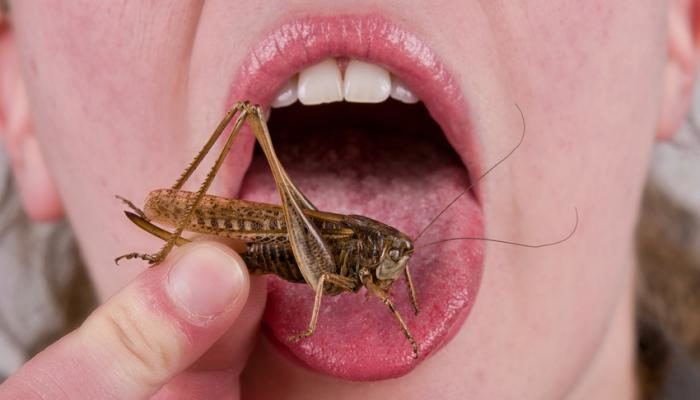A new animal-free milk promising to be more sustainable than dairy but with near-identical taste and nutritional content could hit supermarket shelves in the next two years, adding to the growing roster of milk alternatives available to Australian consumers.
CSIRO-backed start-up Eden Brew, which has worked out how to “brew” milk in a lab in a way that emulates the natural fermentation process that happens in cows, is working on industrialising the process and expects to have its animal-free products on the market by 2024.
Founder and chief executive Jim Fader said the company’s business model would be based on global beverages giant Coca-Cola’s supply chain, where the main ingredient – in this case the animal-free milk protein – is brewed centrally and then shipped to dairy companies across the world.
“We’re taking it from two- to 10-litre scales to 500,000-litre scale so that we can make it at a cost and scale that makes the whole thing worthwhile,” he said.
“We expect that by about 2028 to 2030, we will be at the same retail price to the consumer as milk, mostly because we come down in price but in part because there’s forecast continued inflation in dairy.”
The process involves inserting synthetic cow DNA into yeast to form a protein known as a casein micelle, the “essential building block” for cow’s milk. These proteins are then brewed, filtered and dried ready to be rehydrated and turned into animal-free dairy products.
Eden Brew is among a host of new companies racing to get animal-free products to consumers, promising a more ethical and ecologically sustainable alternative to dairy. In the US, consumers can already buy ice-cream, spreadable cheese and protein powder made from animal-free milk protein produced by Silicon Valley player Perfect Day.
Fader said the fledgling industry would help meet the growing global demand for protein, which the UN forecasts will increase by 74 per cent by 2050 as the global population nears 10 billion.
“You just can’t scale existing food manufacturing industry to meet that demand sustainably – you’d need two planets,” he said. “This will supplement, not replace, [dairy] supply as demand goes through the roof over the next generation.”
RELATED ARTICLE
Early work is being done on comparing the environmental impacts of a future animal-free industry with the existing footprint of dairy. A joint study by researchers in Finland and New Zealand has found that the carbon and water usage footprints of precision fermented milk protein were similar to their dairy equivalent.
Massey University’s sustainable nutrition professor Jeremy Hill, who is also the chief scientist at dairy multinational Fonterra and one of the authors of the study, said Australia was chosen as a location for the study because of our high dependence on fossil fuels and the large amounts of water required to grow sugar, one of the key ingredients in the process.
He said the environmental impact of a future animal-free milk industry would depend on where in Australia it is based, and how quickly we transition to renewable energy and more water-efficient systems.
“It’s heavily dependent on your energy mix,” he said. “It can improve, but so can natural dairy.”
Another author of the study, Katri Behm from the Technical Research Centre of Finland, said there was “still a lot more sustainability work to do” on the precision fermentation process, including waste streams, land use and biodiversity impacts.
“A truly sustainable value chain also considers other sustainability topics than the environmental one, for example social and economic sustainability,” she said.
Fader said Eden Brew would consider its environmental impact at every step along the supply chain.
“There’s no point being a business that markets itself on good environmental outcomes and then not be a business that challenges every facet of itself, its supply chain and people it does business with to make sure it’s as optimum as it can be,” he said.




